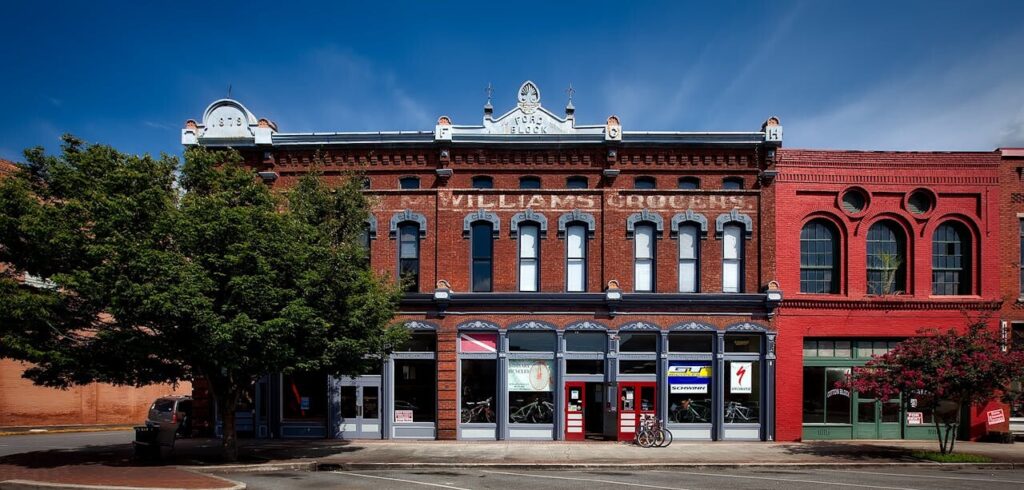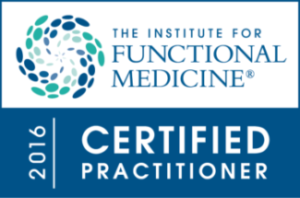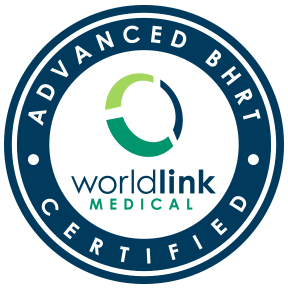Functional medicine is gaining popularity as more people seek holistic, root-cause solutions to their health concerns. Unlike conventional medicine, which often focuses on symptom management, functional medicine takes a personalized approach by addressing lifestyle, genetics, and environmental factors. However, a pressing question arises: Does functional medicine exist in small towns?
Many people assume that functional medicine is limited to large cities, where specialized clinics and wellness centers are more common. While it is true that urban areas have more functional medicine practitioners, small towns are increasingly seeing the rise of this healthcare approach. The shift is being driven by patient demand, greater awareness, and advances in telemedicine, all of which are making functional medicine more accessible to rural communities.
Functional medicine offers a personalized, root-cause approach to health care that focuses on identifying and addressing the underlying factors contributing to illness. Rather than simply managing symptoms, it takes a comprehensive view of genetics, lifestyle, environment, and nutrition to create tailored treatment plans. Functional medicine can help with chronic conditions such as autoimmune disorders, hormonal imbalances, digestive issues, and metabolic concerns. It often incorporates advanced lab testing, targeted supplementation, dietary modifications, and lifestyle interventions to promote long-term wellness. By emphasizing prevention and individualized care, functional medicine empowers patients to take control of their health and achieve lasting vitality.
The Growing Presence of Functional Medicine in Small Towns
One of the key reasons functional medicine is making its way into small towns is the increasing frustration with conventional health care. Many rural residents struggle with chronic conditions such as autoimmune disorders, gut issues, and metabolic imbalances, but they often find that traditional medicine offers only temporary relief rather than addressing the root causes. As awareness of functional medicine spreads through online resources and word-of-mouth, more people in small towns are actively seeking alternatives.
Telemedicine has also played a crucial role in expanding functional medicine’s reach. While small towns may not have many in-person functional medicine clinics, patients can now consult with practitioners from anywhere. Virtual appointments allow individuals to receive personalized care without traveling long distances, making functional medicine a viable option even in rural settings.
Additionally, some small-town healthcare providers are embracing functional medicine by incorporating its principles into their existing practices. Family doctors, chiropractors, and nurse practitioners are completing additional training in functional medicine, allowing them to offer more comprehensive, patient-centered care. In some cases, wellness centers and integrative health clinics are forming in small communities, blending conventional medicine with holistic approaches to provide a wider range of services.
Challenges in Bringing Functional Medicine to Small Towns
Despite its growing presence, functional medicine still faces several challenges in rural areas. One of the biggest obstacles is the limited number of trained practitioners. While some healthcare providers are integrating functional medicine into their work, fully dedicated functional medicine clinics remain rare in small towns. Does functional medicine exist in small towns? Sometimes yes, but often, unfortunately, the answer is still no. This lack of in-person care forces residents to rely on telehealth or travel to larger cities, which may not be feasible for everyone.
Cost is another significant barrier. Functional medicine is often not covered by insurance, which can make it financially out of reach for many small-town residents. Unlike conventional doctor visits that are typically reimbursed by insurance providers, functional medicine consultations and treatments often require out-of-pocket payment. Some clinics offer membership models or payment plans to make care more accessible, but affordability remains a concern. If you’re wondering whether functional medicine exists in small towns, cost may be a limiting factor in areas with fewer practitioners.
Additionally, functional medicine relies on specialized lab testing and high-quality supplements, which may not be readily available in rural areas. Patients often need to order these tests and supplements online, adding another layer of inconvenience. While telehealth has made access to functional medicine easier, the need for in-person testing or treatments can still pose logistical challenges. For those asking if functional medicine exists in small towns, the availability of these resources remains a major question.
Skepticism also plays a role in limiting functional medicine’s spread in small towns. Many rural communities have long relied on conventional medicine, and some people remain wary of approaches that differ from traditional treatments. Overcoming this skepticism requires education, community engagement, and success stories that demonstrate the effectiveness of functional medicine. Addressing these challenges is essential for answering the question of whether functional medicine can exist in small towns. It will depend on overcoming these obstacles and expanding access to alternative care options.
The Future of Functional Medicine in Small Towns
Despite these challenges, the future of functional medicine in small towns looks promising. As more healthcare providers recognize the benefits of a root-cause approach, they may pursue training in functional medicine, gradually increasing the availability of services in rural communities.
Telemedicine will continue to be a game-changer, making it easier for small-town residents to connect with functional medicine practitioners. Virtual consultations allow individuals to receive expert care without needing to travel, ensuring that functional medicine remains accessible regardless of location.
Community education and awareness efforts can also play a vital role in making functional medicine more accepted in small towns. Hosting wellness events, health workshops, and informational sessions can help bridge the gap between conventional and functional medicine, encouraging more people to explore holistic health options.
Contact Dr. Cheryl Winter Today
Ultimately, does functional medicine exist in small towns? The answer is increasingly yes, but it is still evolving. While rural areas may not yet have the same level of access as major cities do, the rise of telemedicine, growing demand, and local healthcare providers embracing functional medicine all point to a future where this approach becomes a standard part of small-town health care. With continued effort and investment, functional medicine has the potential to transform the health and well-being of rural communities, offering a more personalized and effective path to long-term wellness. Contact Dr. Cheryl Winter today to discover how functional medicine can support your health, no matter where you live, even in a small town.








